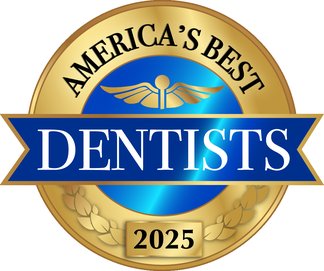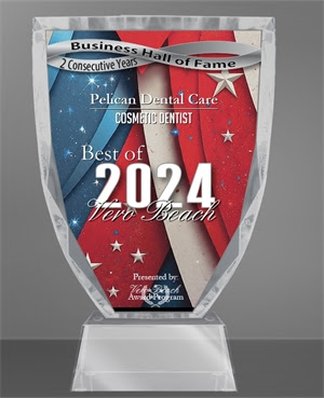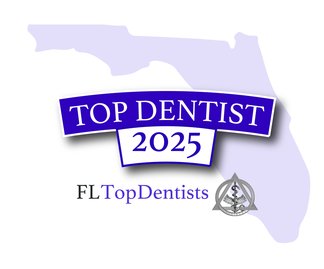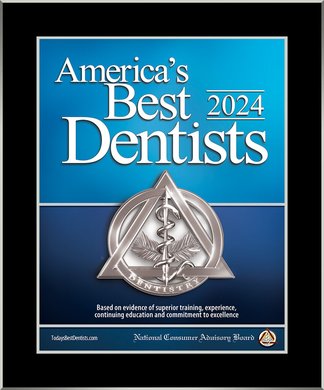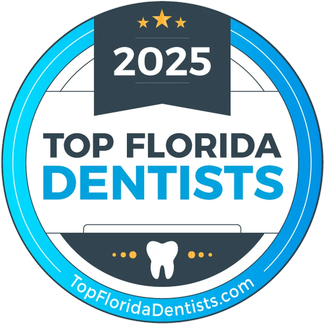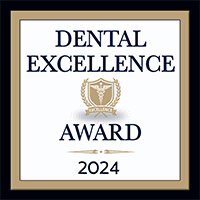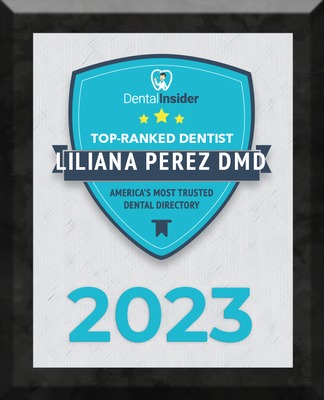

Contact Us Today!
We’re Ready to Help
A member of our team will be in touch shortly to confirm your contact details or address questions you may have.
What is a Dental Membership?
A dental membership is more than a way to pay for care — it is an invitation into a circle where clarity replaces complexity, continuity replaces uncertainty, and your time is safeguarded. Instead of navigating insurance paperwork, waiting periods, or unpredictable out-of-pocket costs, members secure assurance, transparency, and lasting access to a trusted clinical team.
How a Dental Membership Works
Memberships provide direct access to the highest standard of care without restrictions or delays. At Pelican Dental Care, availability is intentionally limited so each member receives the full measure of attention they deserve. Every membership carries:
- Complimentary preventive visits, exams, and x-rays as needed
- Complimentary consultations and emergency appointments for peace of mind
- Transparent, predictable pricing with no annual maximums or waiting periods
- Reserved access within a select membership circle
- Continuity with the same trusted doctor and staff, year after year
Memberships are billed annually, with your status and perks secured for the entire year. Each renewal elevates your standing in the Loyalty Ladder — a progression that deepens reserved rates and affirms your place in the membership circle.
How Membership Differs from Insurance
Traditional dental insurance is built on networks, paperwork, and limits. Coverage may depend on approvals, waiting periods, and annual maximums that can interrupt care or consume valuable time. Insurance can also create uncertainty by sending unexpected bills months after treatment, leaving patients unclear about their true costs.
Membership replaces these restrictions and uncertainties with direct access, clarity of cost, and continuity of care — ensuring your decisions are guided by health, not paperwork or delayed statements.
How Membership Differs from Discount Plans
Dental discount plans are not insurance, but they are also not memberships. They typically function like a coupon book: patients pay to join and then receive reduced fees on services at participating offices, paying out-of-pocket for each service at a discounted rate. While this can reduce immediate cost, discount plans are transactional and impersonal.
A Pelican Dental Care membership is the opposite — it is a structured relationship, designed to provide lasting assurance, reserved access, and an enduring partnership with your doctor and team.
Why Patients Choose Membership
Patients choose membership because it redefines value:
- Assurance that care will never be delayed by claims or approvals
- Peace of mind with complimentary emergency visits and consultations
- Reserved pricing that strengthens with loyalty over time
- Belonging to a select circle, intentionally limited for quality and attention
- Confidence in knowing their health is safeguarded with clarity and stability
Closing Thought
Membership at Pelican Dental Care is not simply a financial option — it is a decision to belong to a trusted circle where health, time, and peace of mind are protected with consistency, discretion, and care without compromise.

What Do Our Patients Have to Say About Us?
We Respect & Value all of Our Patients!
-
“Dr. Perez is a great dentist. I have been in her care for the past 10+ years. My visits always begin with a friendly welcome. Once in the chair, I receive a complete medical exam using the latest in dental technology.”- Casimir C.
-
“I highly recommend Pelican Dental in Vero Beach Dr. Perez and her staff have treated me for many years and I was always pleased with her work and prices. They can do it all from cleaning to implants and everything in between.”- Gerald O.
-
“The staff is intelligent, kind, and friendly and all seem very happy to explain procedures with you. Above all, Dr. Perez works diligently and is very honest.”- Carissa G.
Contact Pelican Dental Care Today!
Caring For Your Family
We’d Love to Welcome You In Person
Come experience dental care in a space built around you.
Or fill out our appointment form — we reply quickly, even after hours.
Serving our community with excellence and heart since 2010. We can’t wait to meet you


